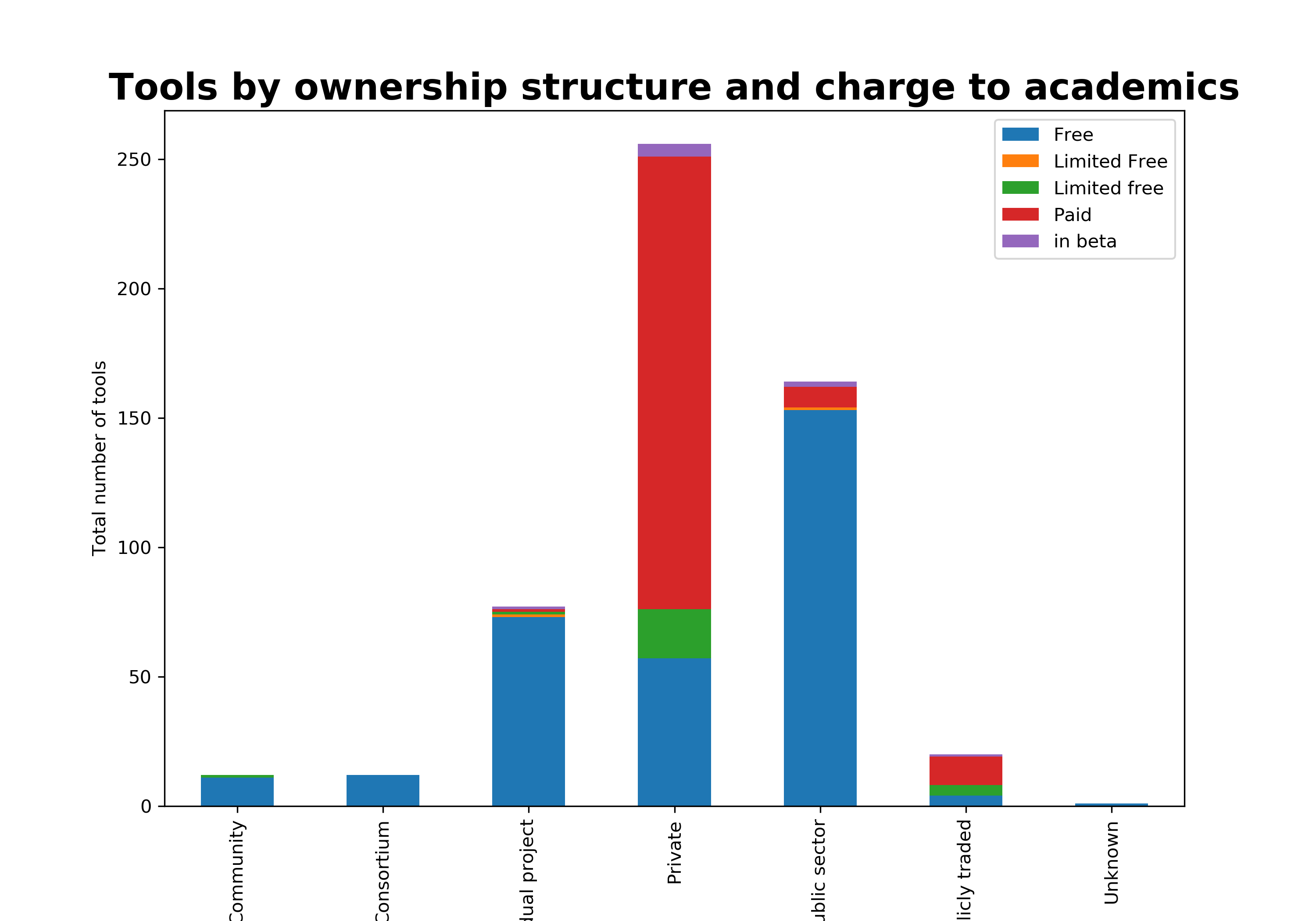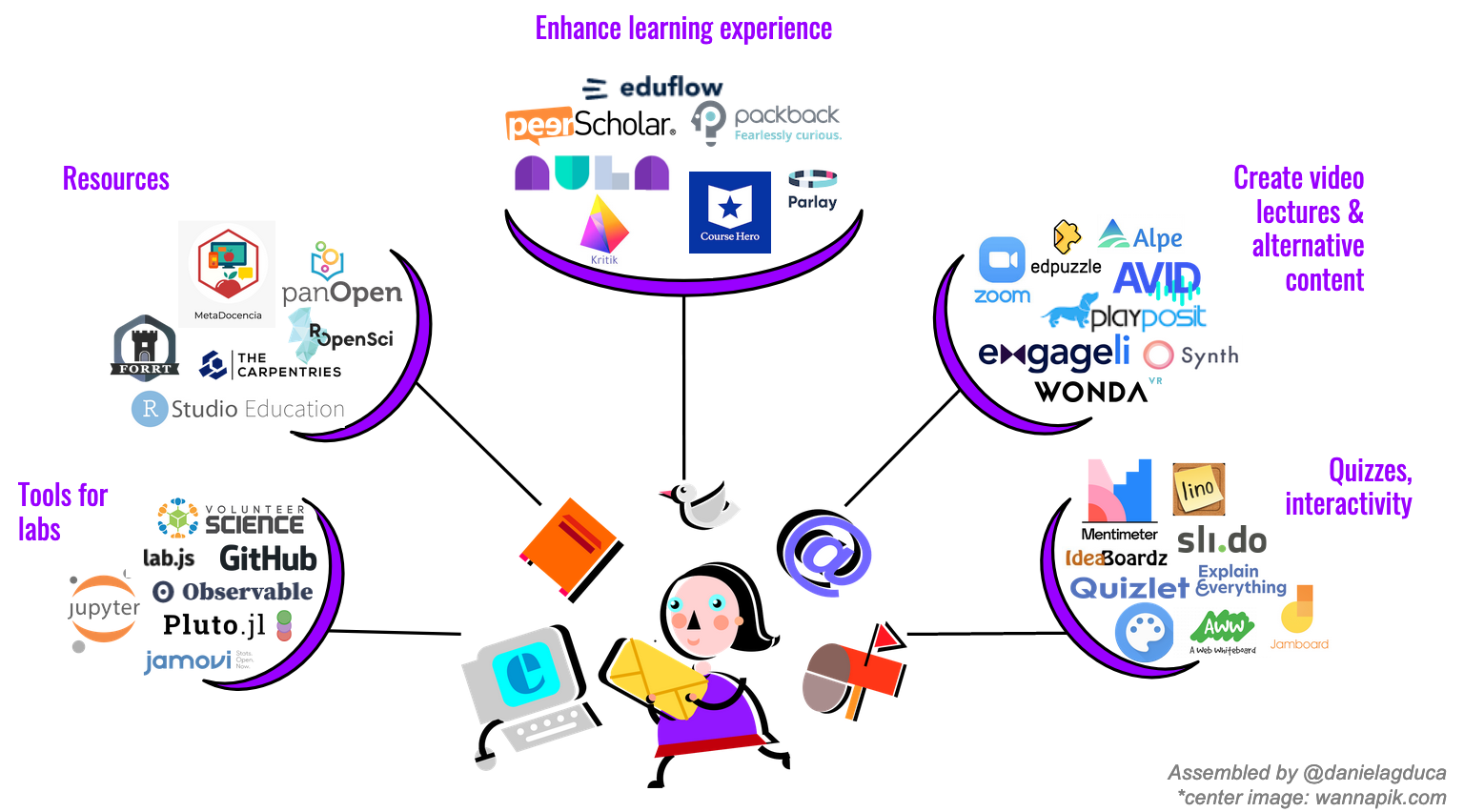Three activities to spice up sizeable workshops
We have all been to workshops that last a whole day, but feel more like a week. Whilst the information we gain from these events is incredible, and the people we get to meet is the biggest bonus, we still end up exhausted and not ready to catch up with work. Wouldn’t it be great if all workshops were both informative, but also very fun! It is a rhetorical question, but I will answer it with an utterly exciting YES!
As organisers, there are too many things we have to take care of: the goals, themes, keynotes and speakers, contacting and confirming, inviting and spreading the word, booking the right venue, chosing the right data… The list goes on. In an attempt to make everything perfect, we leave the exciting bits in the hands of the speakers. Sometimes we are lucky, but other times we need a back up plan!
Over the past couple of years, I had the opportunity to organise a few big workshops, and I have tried to include lively activities whenever I can. I will share three that require almost no preparation and will render your event a success!
1. Charades
We all played charades at least once before. If you haven’t, try it, it’s loads of fun! There are a number of variations for this game, here is one I came up with for workshops with 30 or more attendees. The pro: there is almost no preparation time for this activity, unless you would like to create the guessing cards. Alternatively, you can let each attendee come up with the words or concepts on their own.
Running time: 40 minutes
Goal: energise, meet new people, review, have fun
Synopsis: In the foyer or where you are serving the teas and coffees, divite the participants in two groups and ask them to arrange themselves in an inner and outer circle. Each person in the inner circle should be facing one person in the outer circle (a pair). They should be relatively close. Each person will have one minute to describe, without using words, a concept/word they learned or heard throughout the day. This has to be related to the workshop theme, unless of course you decide to open it up to other topics. Once two minutes are up (and the pair have tried their luck at guessing), the outer circle will move by one. New pairs will be formed. This can can continue until full circle, or if you are pressed by time, until the first person guesses 5 words.
2. The Guardian
A great way to find out more about a subject is to ask questions. That’s how journalists write their articles and researchers pursue their hypothesis. This activity also doesn’t require any preparation time, well except for reading this blog.
Running time: 40 minutes
Goal: energise, meet new people, learn, have fun
Synopsis: For the first five minutes in this exercise, allow each attendee to think and write down a list of 5–10 questions. You can limit the questions either to the theme of the workshop, or anything you feel would be most relevant. The following 20 minutes, the attendees can roam around and ask as many of the questions they have written down as possible. I would recommend one question per person in order to maximise the number of people the attendees have the chance to interact with. You can give away prizes to the most interesting/weird/funny questions and answers. So the last 5–10 minutes could be used to share the best questions and answers with all attendees.
3. Queen Bee
And lastly, Queen Bee — the real queen of all activities for large groups. I copied this one in its entirety from the Startup Tribe by Escape the City. Just like the previous two, the preparation time is negligible. And let me tell you, it works best right after lunch.
Running time: 40 minutes
Goal: energise, meet new people, solve a problem, have fun
Synopsis: During the day or during one of your first sessions, ask your attendees to think about an issue or problem they are facing (linked to the workshop or a more general topic if you prefer), so they are ready for Queen Bee. When you start the activity, divide the attendees in groups of 3 or 4. In each round, one person in the group will have the chance to be a Queen. The queen will have 1 minute to share her problem/issue with the remaining people in the group, who will become the bees at this point. The bees (and the queens too!) will have 3–5 minutes to roam around the room and ask other bees to help solve their queen’s problem. The answers could include actual solutions, names of people that may know more or be able to help, or what you would do if you had the same problem.
I have loads more ideas, feel free to get in touch! And Good Luck with your next event!




